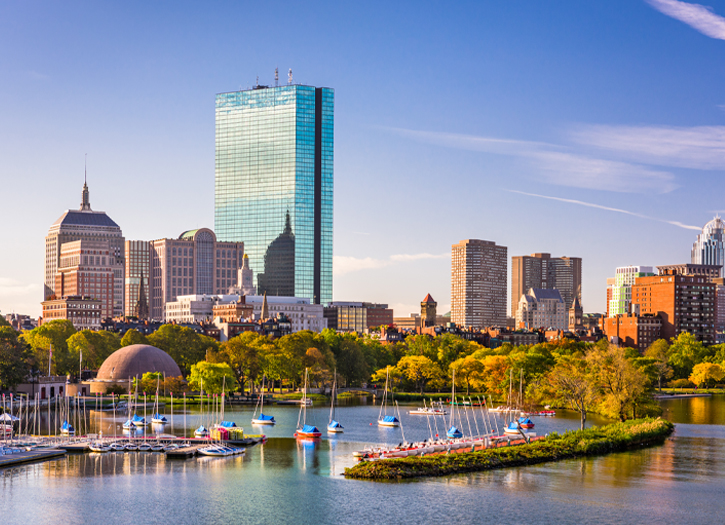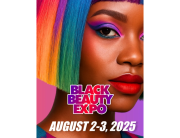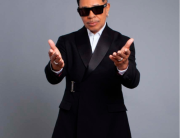The COVID-19 pandemic in Boston is part of an ongoing viral pandemic of coronavirus disease 2019 (COVID-19) in the Massachusetts City of Boston. The first confirmed case was reported on February 1, 2020, and the number of cases began to increase rapidly by March 8. By March 21, more than a hundred people in Boston had tested positive for COVID-19. Most early cases were traceable to a company meeting held in late February by the biotechnology firm Biogen in Boston.
New cases peaked on April 24, 2020 at 659, and began to decline after.As of August 20, 2020, there were 15,018 confirmed cases and 746 deaths due to COVID-19 in Boston.13.3% of cases required hospitalization, 5.1% of cases resulted in death, and 73.5% of cases have recovered.As of August 13, Boston had completed 139,119 molecular tests, 10.9% of which came back positive. In Boston, 2,047.6 residents had been tested per 10,000 residents.
On March 12, the Boston Marriott Long Wharf hotel, which had hosted the Biogen company gathering, closed temporarily. In a letter to their guests, the hotel said it made the decision in cooperation with the Boston Public Health Commission. On March 15, Mayor Walsh declared a public health emergency due to the concerns over COVID-19. Restaurants, bar rooms, and nightclubs were required to reduce their capacity by at least 50 percent. Governor Charlie Baker limited gatherings to below 25 people. On March 15, Baker ordered all schools in Massachusetts to close for three weeks, from March 17 through April 7. The same day, he also banned eating at restaurants, banned gatherings of more than 25 people, and relaxed unemployment claim requirements.
On July 24, Massachusetts Governor Baker announced a new travel restriction for the state, which was to go into effect on August 1. All individuals coming into Massachusetts from another state was required to fill out a “Massachusetts Travel Form” and quarantine at home for 14 days. The originally exempt states were Connecticut, New Hampshire, Rhode Island, Vermont, Maine, Hawaii, New Jersey, and New York.
On August 1, Mayor Walsh announced that Boston Public Schools would not return to 100% in-person learning even if in-class learning would resume in the fall. He stated that students would participate in a hybrid of in-school and remote learning. He also gave parents the option to have their children participate in 100% remote learning.On August 7, Massachusetts Governor Baker took steps to slow reopening in the state. He reduced the limit on outdoor gatherings from 100 to 50 people, which would apply in both public and private property. He also said restaurant guidelines would be updated so that alcoholic beverages were not served.
On March 10, Massachusetts Governor Charlie Baker declared a state of emergency for the state. On March 15, Mayor Walsh declared a public health emergency due to the spread of COVID-19 in the city. Restaurants and bar rooms were required to reduce capacity, each by at least 50%.On April 27, BPHC extended the public health emergency until further notice. On March 15, Massachusetts Governor Baker limited gatherings to 25 people.On March 23, the limit on public gatherings was lowered further to 10 people.
On April 5, the Boston Public Health Commission enforced a daily curfew from 9:00 pm to 6:00 pm.On April 29, BPHC extended the nightly curfew in Boston to May 18. On May 16, this curfew was extended indefinitely until further notice.
On July 24, Governor Baker announced a new travel restriction for the state, which was to go into effect on August 1. All travelers enetering Massachusetts from another state was required to fill out a “Massachusetts Travel Form” and quarantine for 14 days. The originally exempt states were Connecticut, New Hampshire, Rhode Island, Vermont, Maine, Hawaii, New Jersey, and New York.
On May 28, Mayor Walsh announced a new “healthy streets” program to promote social distancing in the roads of Boston. The buses and MBTA trains would not accept as many passengers. Many bus and train stops would relocate or close down altogether. Mayor Walsh announced that bike lanes would be built fast, to allow social distancing for bikes. The city would also be supporting small businesses in Boston.







Add Comment
You must be logged in to post a comment.